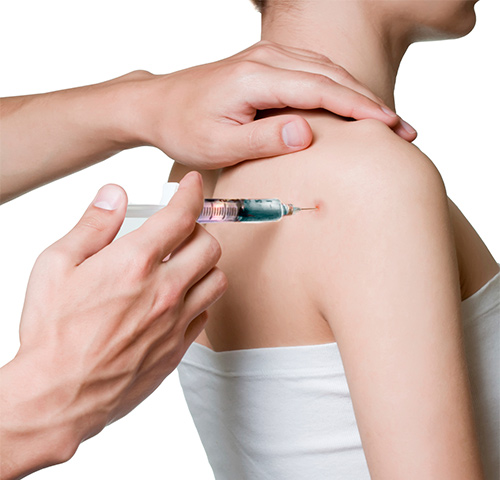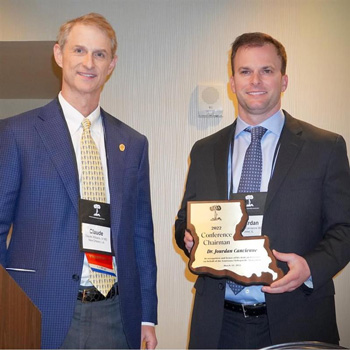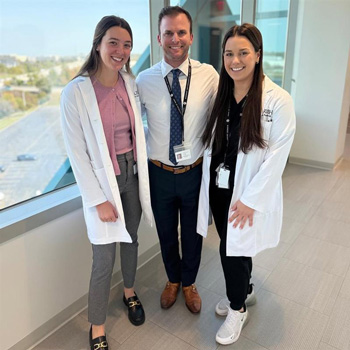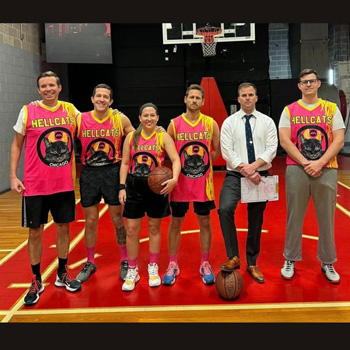
Steroids are a potent anti-inflammatory that is typically used to rapidly reduce painful symptoms that accompany inflammation and arthritis from both acute injuries and chronic degeneration. Steroids are typically included in the first line of treatment for a variety of musculoskeletal conditions due to their strong clinical efficacy, low-cost, and minimal side effects.
Can a potent anti-inflammatory, like corticosteroids, disrupt your natural healing process?
Recent research suggests inflammation is a small but extremely important part of a much larger process that occurs as part of the body’s healing response. The healing of any tendon, ligament, or bony injury requires several complex phases including:
- inflammation
- proliferation of new cells (including blood vessels and nerve innervation)
- remodeling
While inflammation that occurs when we have a rotator cuff tear or tendonitis is painful, it is also our body’s attempt to promote healing. Reducing this pain from the inflammation may also halt the body’s ability to downregulate inflammation and heal damaged tissue.
Procedures such as arthroscopic rotator cuff repair require inflammation to invoke the desired healing response. As a result, anti-inflammatory steroid injections may negatively affect procedures that rely on tendon to bone healing. Increasing steroid injections closer to the time of surgery might interfere with this response and make it more difficult for complete healing to occur. Multiple animal and human studies have shown that frequent steroid injections timed closely to surgical rotator cuff repair can increase:
- repair failure
- need for revision surgery
- infectious complications
Are corticosteroid injections for me?
Patients and surgeons must weigh the short-term benefits with the longer-term risks and determine whether a steroid injection is appropriate for the specific injury and condition being treated, all while keeping patients’ functional goals and demands in mind. Despite the potential drawbacks of steroid injections, success rates and clinical satisfaction after rotator cuff surgery remain exceedingly high. Injections are just one of several factors associated with dissatisfaction or reinjury if either occur.
Steroid injections remain safe and simple treatments that can be used to delay and circumvent surgery. However, if a patient fails to obtain durable and effective relief from a steroid injection with reliable therapy, additional injections are not recommended. Repeated exposures have clearly been correlated with harmful effects that are detrimental to healing.
How can I relieve pain without disrupting my body’s healing response?
Our research on PRP and BMAC seeks to identify and isolate the body’s own growth factors to downregulate inflammation and relieve pain while still stimulating a healing response. In the future, these innovative procedures may displace steroid injections for shoulder pathologies. Until that time, it is important for the patient and surgeon to work together to determine the best non-surgical intervention based on the individual circumstances and needs of the patient.
Authors
Jourdan M. Cancienne, MD Southern Orthopaedic Specialists New Orleans, LA, @nolasportsdoc
Benedict Nwachukwu, MD, MBA Hospital for Special Surgery, New York, NY








